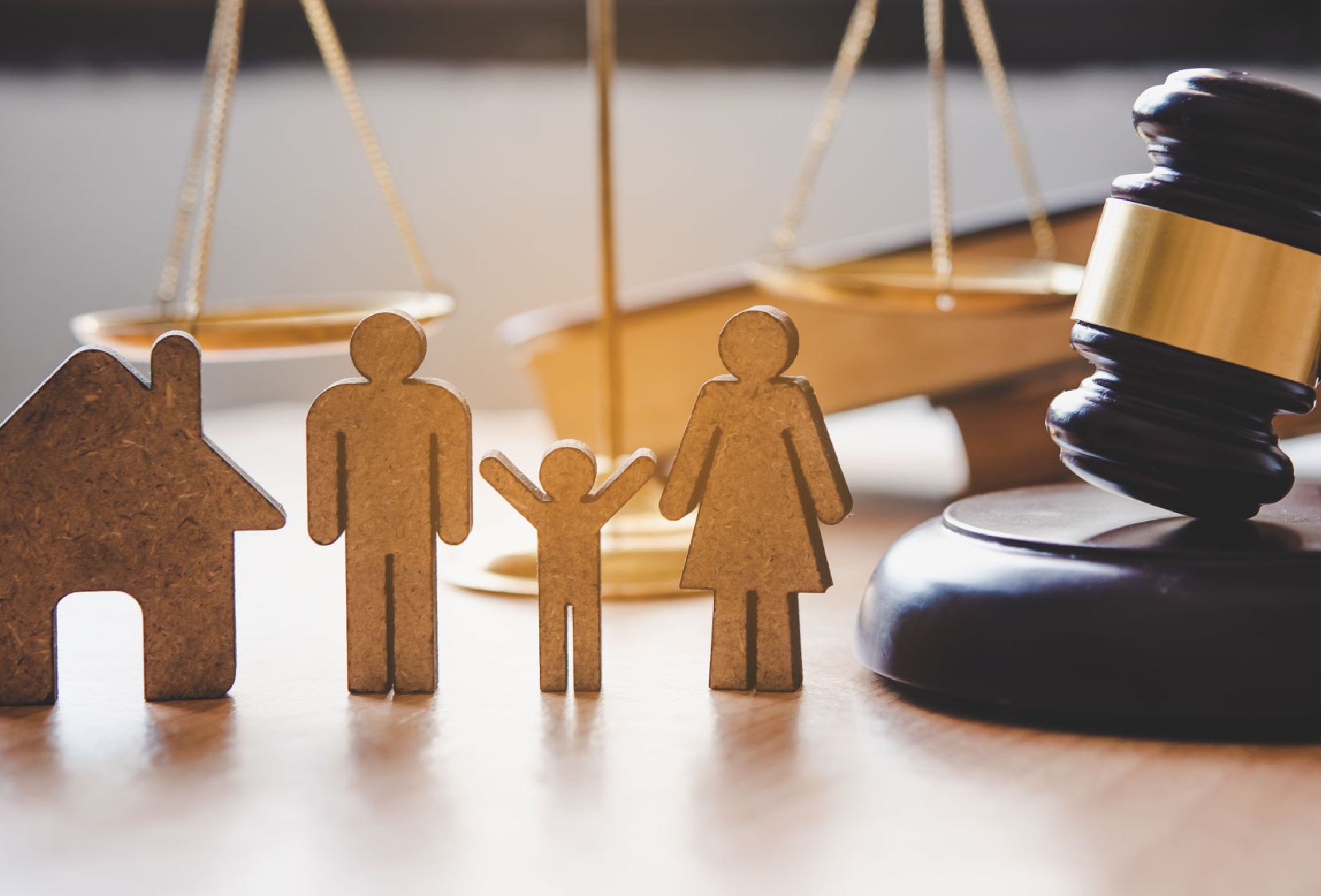- Written by: admin
- September 1, 2025
Child Maintenance Law in Pakistan Complete Legal Guide for Parents
The duty to provide child maintenance in Pakistan stems from two major sources: Islamic law (Shariah) and statutory law enacted by the state. Together, they form a comprehensive framework that governs rights, duties, and procedures.
2.1 Islamic Law Basis
In Islam, the father is obligated to provide financial support to his children. The Quran and Hadith repeatedly emphasize responsibility towards dependents. For example:
The Quran (Surah Al-Baqarah, 2:233) commands fathers to bear the cost of mothers breastfeeding their children.
The Prophet Muhammad (PBUH) stated: “It is sufficient sin for a man to neglect those whom he is responsible to sustain.”
Under Islamic jurisprudence (fiqh), nafaqah includes food, clothing, shelter, education, and medical care. Sons must be maintained until they reach puberty (or adulthood if studying or unable to earn), while daughters must be maintained until marriage.
2.2 Muslim Family Laws Ordinance, 1961
This Ordinance modernized family law in Pakistan while staying aligned with Islamic principles. Section 9 specifically addresses maintenance, allowing wives and children to claim support through arbitration councils and family courts. It confirms that the father is the primary provider.
2.3 West Pakistan Family Courts Act, 1964
This Act created Family Courts, specialized courts to resolve family disputes efficiently. Maintenance cases fall under their exclusive jurisdiction. It streamlined procedures, required reconciliation attempts, and allowed for interim maintenance orders to avoid long delays.
It covers education, healthcare, and mental well-being, not just survival.
A father cannot escape duty by claiming unemployment unless genuinely incapacitated.
In extreme cases, responsibility may extend to grandparents.
Together, these laws and precedents ensure that child maintenance is firmly entrenched as both a religious duty and a legal right in Pakistan.
3. Who Is Liable to Pay Maintenance?
The law makes it clear: the father is primarily responsible for providing maintenance. But the question becomes more complex when circumstances change, such as divorce, remarriage, or financial incapacity.
3.1 The Father’s Duty
His duty continues regardless of who has custody. Even if the mother has remarried, the biological father cannot shirk his responsibility.
3.2 The Mother’s Role
The mother, though usually the custodian, is not legally bound to provide maintenance. However, if she spends from her own resources due to the father’s neglect, she may file a claim for reimbursement. Some courts also recognize her right to interim support for expenses already borne.
3.3 Extended Family in Special Circumstances
If the father dies, is missing, or is unable to provide, the duty may extend to grandparents (paternal first, maternal second). This principle reflects the Islamic view of collective family responsibility for vulnerable children.
3.4 Age Limits
Sons: Maintained until 18 years of age, or longer if in education or unable to earn due to disability.
Daughters: Maintained until marriage. If divorced or widowed and dependent, the obligation may revive.
Thus, the law adapts to ensure that no child is left unsupported, recognizing modern realities while staying aligned with Islamic traditions.
4. How Maintenance Amount Is Determined
Unlike some countries with fixed child support tables, Pakistan leaves maintenance amounts to the discretion of the courts, based on evidence and circumstances.
4.1 Factors Considered by Courts
Father’s monthly income and standard of living.
Number of dependents.
Cost of education (school/college fees, books, tuition).
Healthcare needs (regular and special medical expenses).
Housing, clothing, and other daily expenses.
Social status of the family (so the child is not deprived of the standard enjoyed before separation).
4.2 No Fixed Formula
There is no single statutory scale. A child of a wealthy businessman may receive much higher maintenance than a child of a low-income laborer. Courts have ruled that maintenance must be “reasonable, just, and proportionate” to circumstances.
4.3 Interim Maintenance
Since court proceedings may take time, Family Courts are empowered to order interim maintenance from the very beginning, ensuring children are not deprived while the case is pending.
4.4 Annual Increments
To account for inflation, courts often include automatic increments (commonly 10% per year) in maintenance decrees. This prevents repeated litigation.
4.5 Recent Supreme Court Guidance
The Supreme Court has emphasized that maintenance is not limited to survival—it must ensure the child’s physical, educational, and emotional growth. Failure to provide adequate maintenance may even affect the father’s custodial rights




